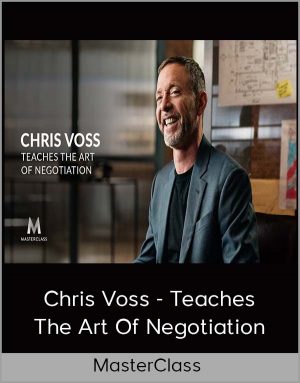Jon Frederickson – Overcoming Resistance (Skill Building Part 2)
$29.00$97.00 (-70%)
For the first time ever, we’re making part two of our psychotherapy skill-building audio studies public. Previously available only via multi-year training programs, this audio course teaches you how to quickly identify and address subtle resistances used by highly resistant patients. If you have tried to explore feelings with patients and got nowhere, these studies will show you what to do.
[5 MP3s]
Jon Frederickson – Overcoming Resistance (Skill Building Part 2)
Check it out: Jon Frederickson – Overcoming Resistance (Skill Building Part 2)
Ever feel like you’re working too hard with a client and getting nowhere? You don’t need to let your client’s defenses block progress.
For the first time ever, we’re making part two of our psychotherapy skill-building audio studies public. Previously available only via multi-year training programs, this audio course teaches you how to quickly identify and address subtle resistances used by highly resistant patients. If you have tried to explore feelings with patients and got nowhere, these studies will show you what to do.
How It Works
In this practice-oriented course, you are the therapist asking me scripted questions, and I am your ‘patient’, responding with defenses. You will intervene. Then I will give you a recommended answer and offer some teaching and supervision along the way, reinforcing the intervention technique and theoretical framework.
As we explore numerous examples of each defense, you’ll have ample practice time to learn how to recognize defenses immediately and intervene effectively. You’ll rapidly improve your assessment and intervention skills and learn to handle problems easily that would have stumped you in the past.
Defense Work You’ll Learn to Do
Defense against Feelings: When the Patient Resists Feelings
- Defenses against giving a specific example
- Differentiating stimulus from feeling
- Blocking defenses by inviting feelings
- Blocking defenses by labeling the defense and inviting feelings
- Defenses against feeling: vagueness, diversification, hypothetical speech, cover words, and rationalization
- Maintaining a focus on feelings in a current relationship: differentiating feelings from defenses
- Defenses against grief
Working with Resistance: When the Patient is Resisting Emotional Closeness with the Therapist
The most common problem therapists encounter with resistant patients is not recognizing when the patient shifts from resisting feelings to resisting emotional closeness with the therapist. These are the first studies ever developed to help you acquire this special set of skills. It is impossible to succeed with highly resistant patients unless you have these skills:
- Identifying the resistance to emotional closeness
- Identifying the resistance to emotional closeness and inviting feelings
- Identifying the resistance to emotional closeness and inviting feelings: an endurance study
- Clarification and challenge of the resistance
- Clarifying the function of defense and mobilizing the patient’s will to the task
- Clarifying the price of the defense
- Pointing out the resistance to emotional closeness and inviting feelings toward the therapist
- Maintaining an effective focus when there is resistance to emotional closeness
- Projection of the superego
Before you buy part two of this comprehensive multi-part skill-building audio course, we recommend you do the first set of audio studies first. This set of studies is more complex and it builds on the earlier set of studies. Your learning will be faster and more efficient if you do the first set of studies first.
Benefits
- Identify and address defenses and resistances immediately and effectively
- Study from 4+ hours of studies to learn 21 new skills
- Gain proficiency at identifying and blocking resistances that can prevent a therapeutic alliance from forming
- Get moment-by-moment analysis and coaching
- Practice at home or on your commute
- Thousands of hours of experience distilled into over 4 hours on 5 mp3 files
- Learn twenty one techniques so well that they become automatic




















